Matt Gray Interview: Building personal brands, communities, and media-first startups
Published on
This is my interview with popular entrepreneur Matt Gray:
🎧 Prefer listening to this? Here's a podcast version! 🎧
Here's my personal notes from the interview (in visual form)!
0:00: Matt Gray is known for giving entrepreneur advice online, with millions across all the social platforms, but before that he founded the BitMaker Coding School - Largest in Canada, that was acquired for $410m, he bought Herb.com and built it to a community of 14m, then started his current venture Founder OS with 2,500 community members launching businesses.
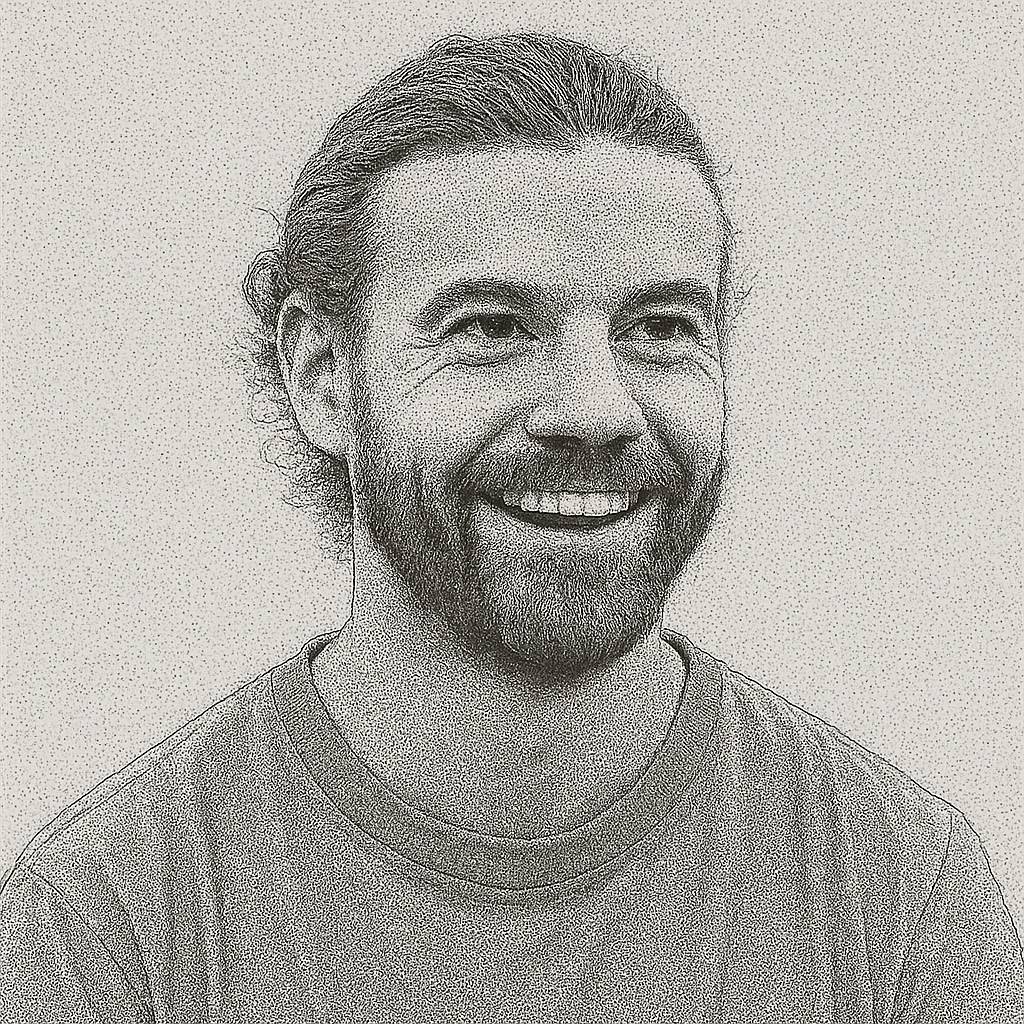
⬇
(1:05) Matt was in Austin putting on an event ($250,000 cost each) for founders building Building media-first business.

⬇
(2:18) One of their core products is helping founders over a year with community and support for content.
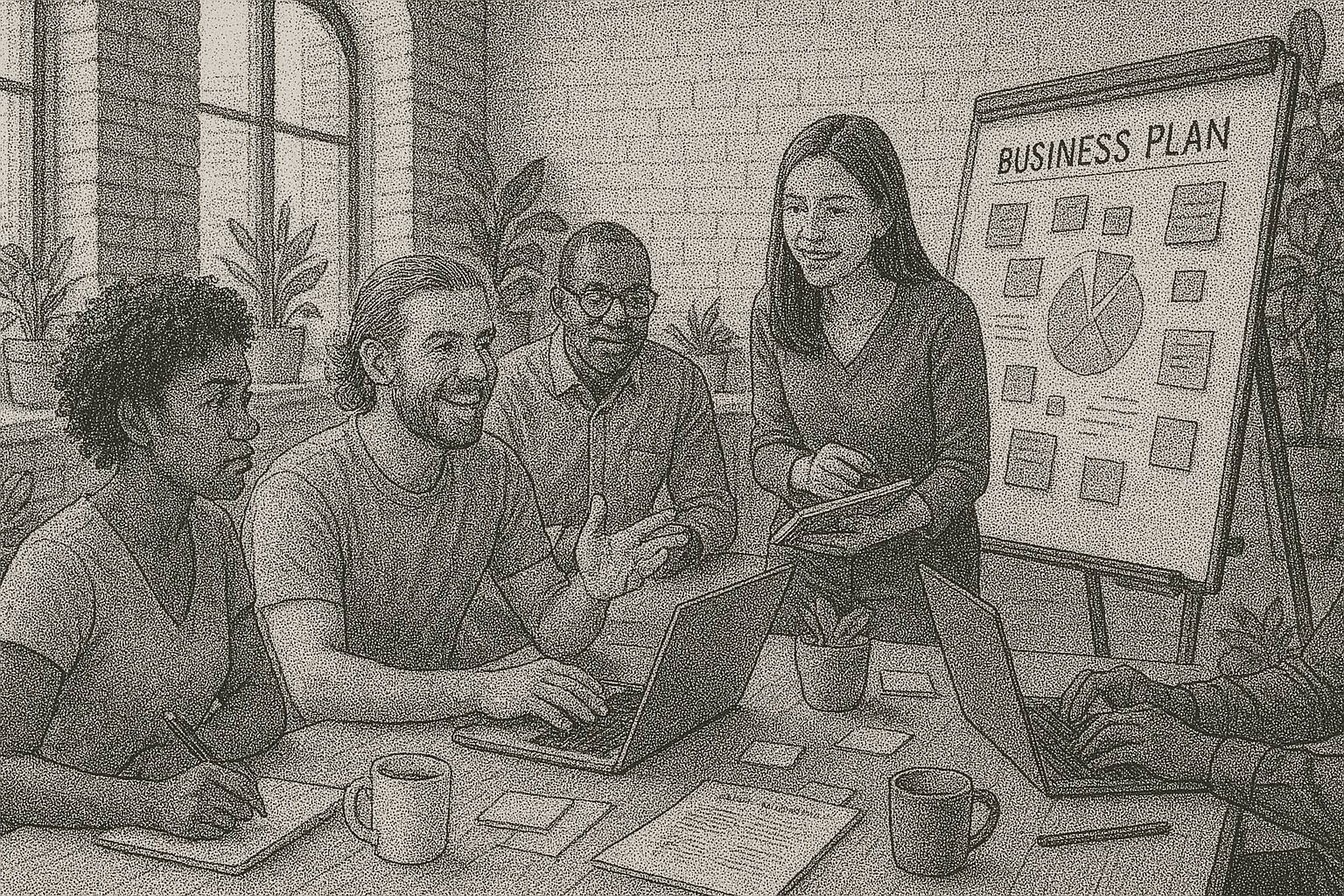
⬇
(3:04) Many future businesses will be led by a personal brand, and people want to be the CEO of their own personal media company.
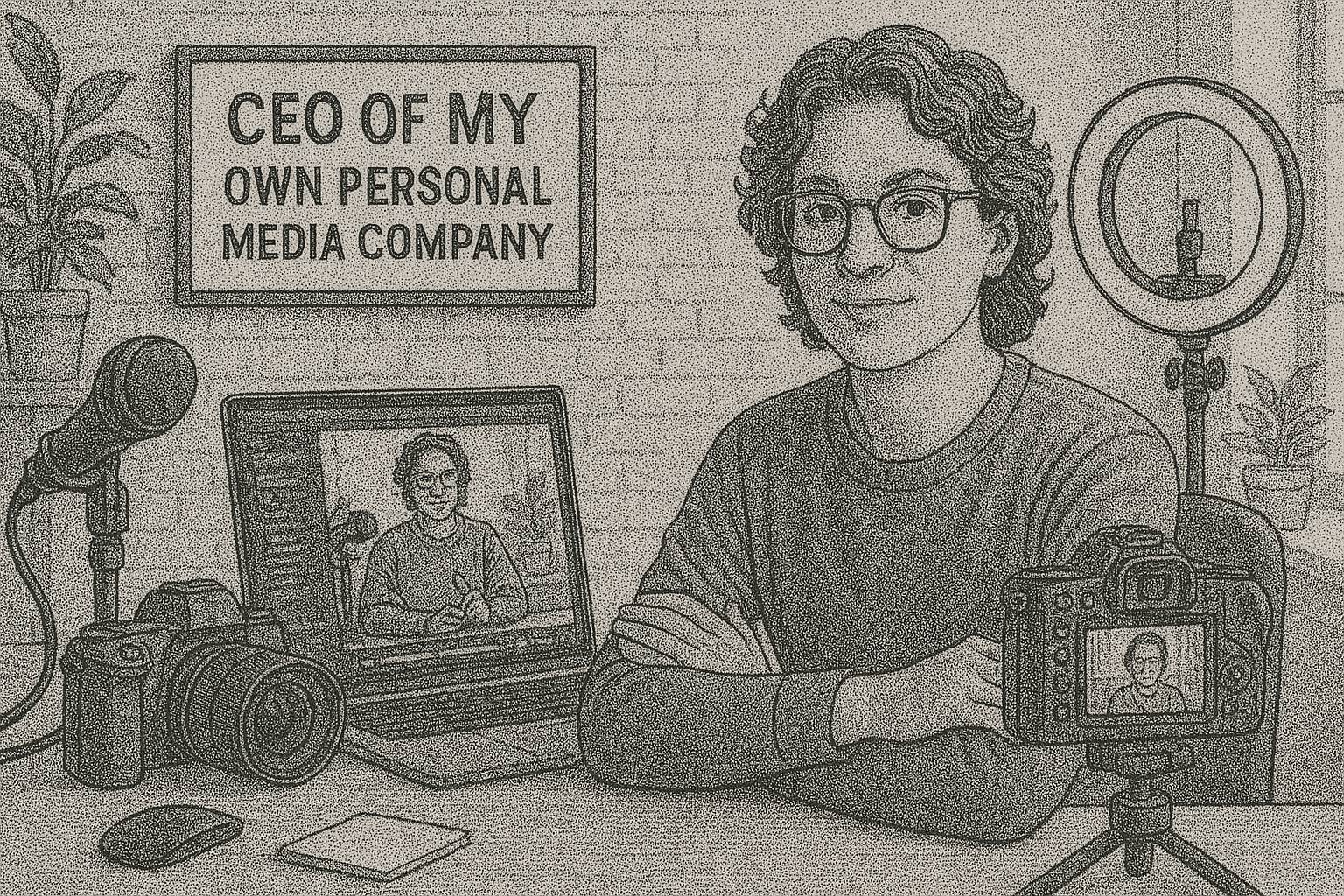
⬇
(4:20) People who have a compulsion to post online anyway tend to last a long time, whereas people who don’t enjoy it have a harder time because it’s less sustainable.
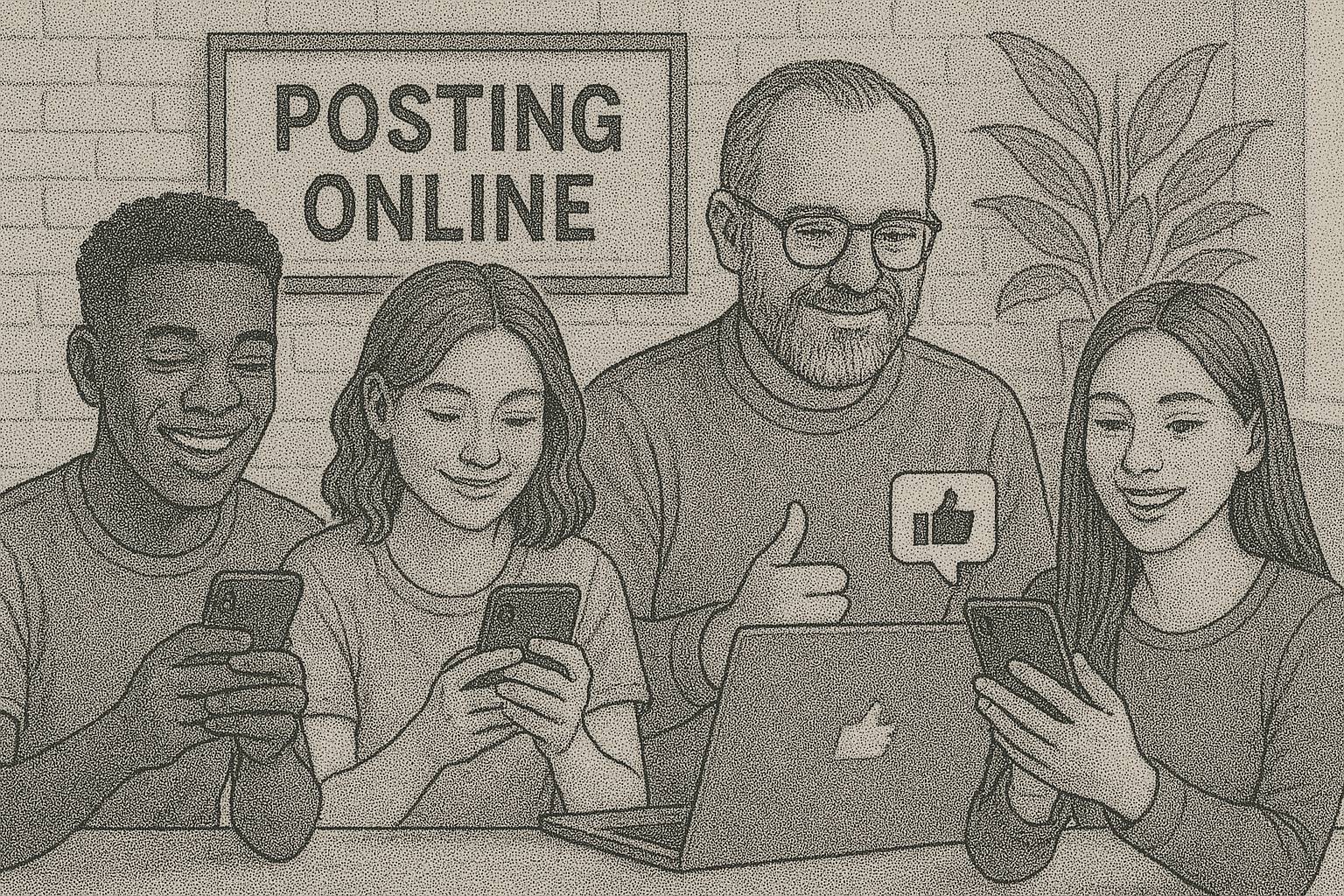
⬇
(4:48) I still get nervous about posting stuff online, so does Matt. I get over this by scheduling.
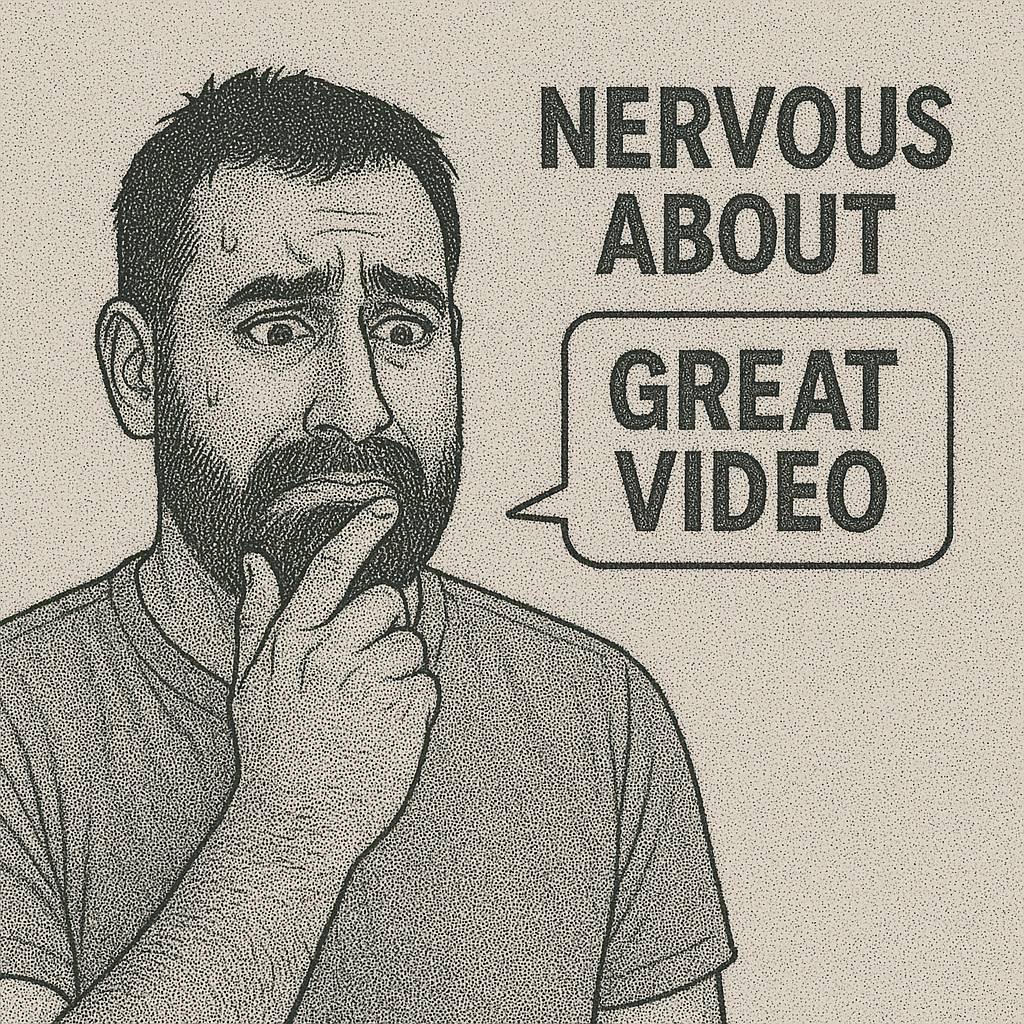
⬇
(6:00) For all social media platforms you can use scheduling software that cross-posts everywhere. You also need batching systems for when you need to write/create.
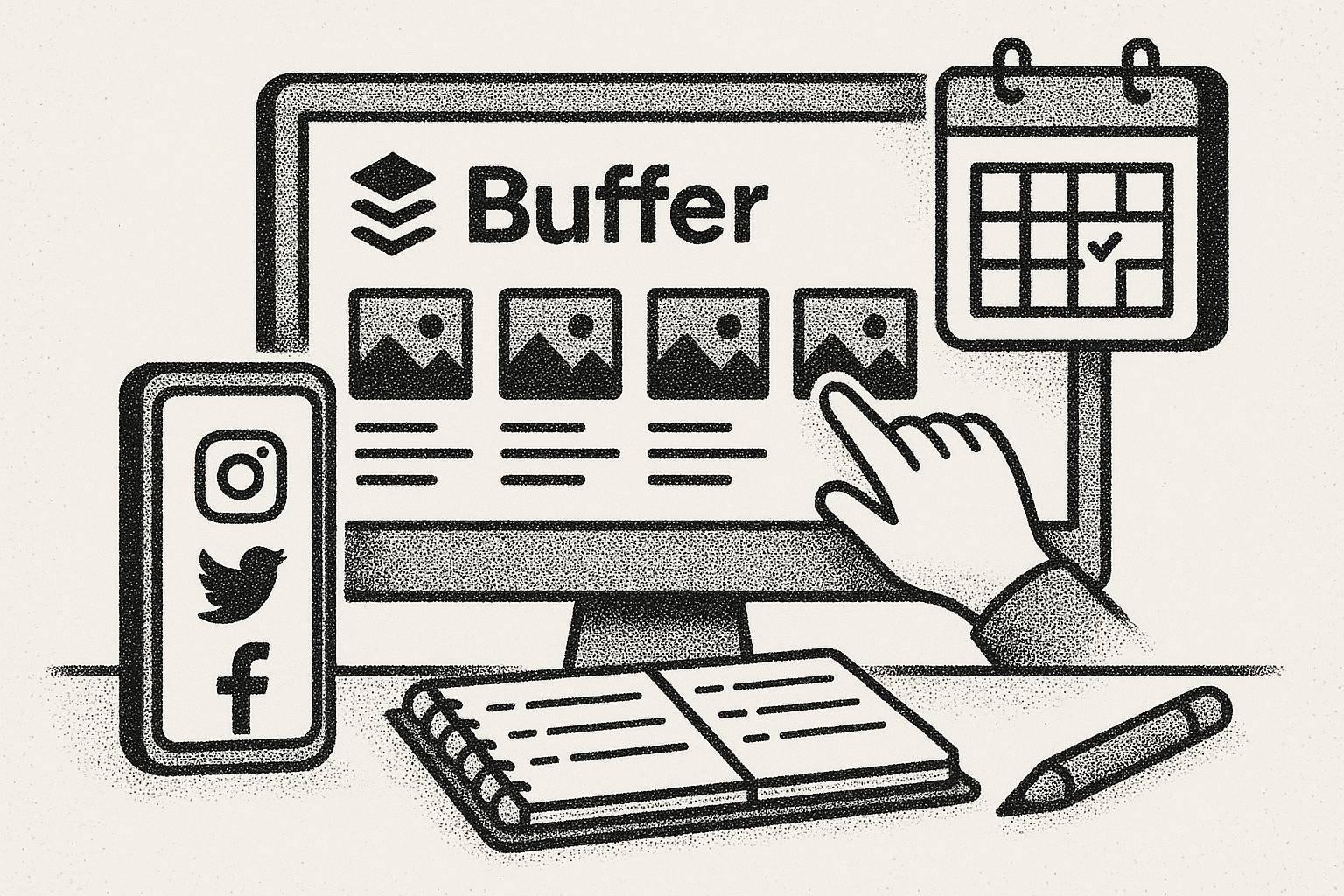
⬇
(6:46) Matt started on X about systems and content, then started writing for LinkedIn, now is doing a lot on YouTube.
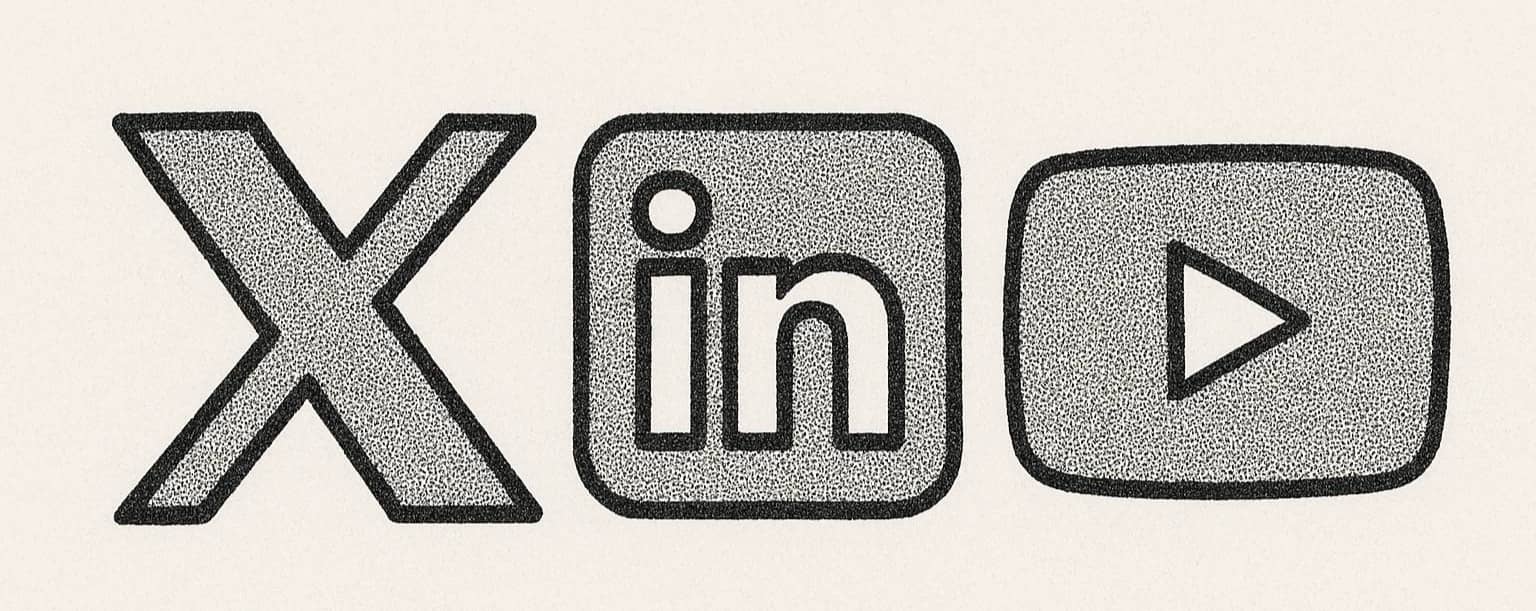
⬇
(8:21) Dan Go told me, “X is the place where you make friends, LinkedIn is where the customers are.”
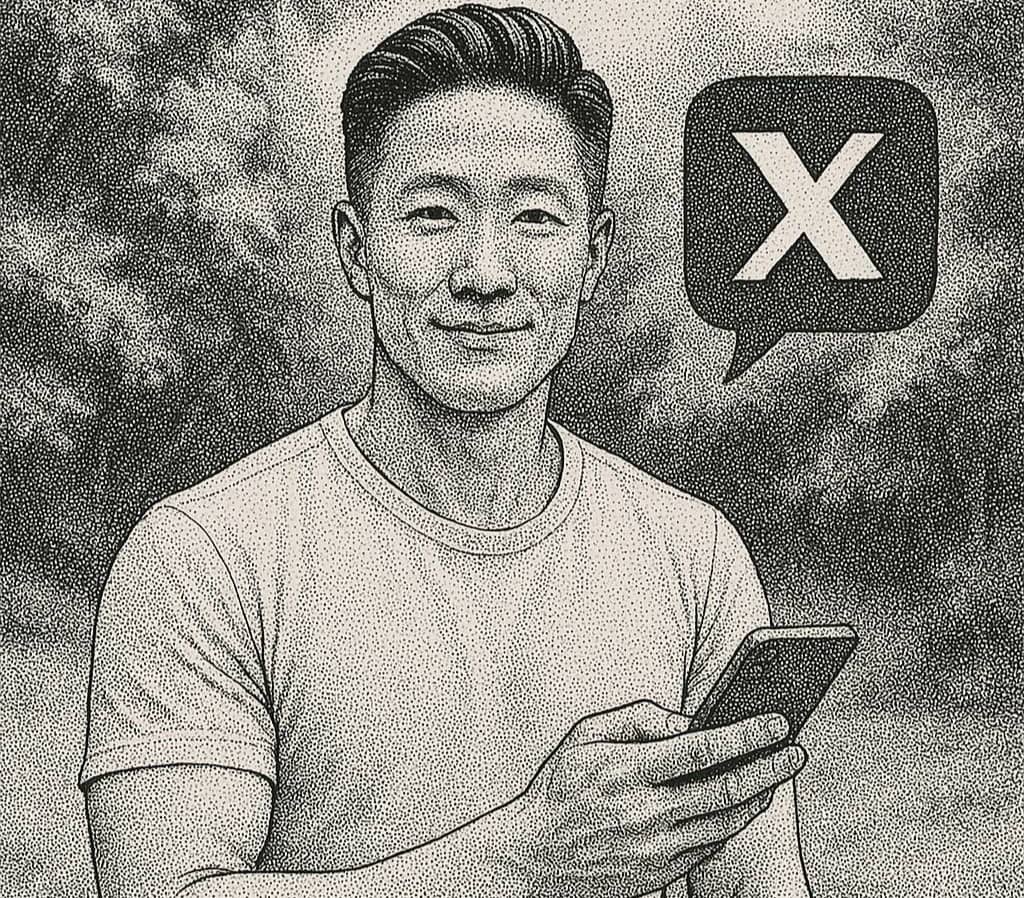
⬇
(8:38) “Linked In is our second highest channel for leads. The first is YouTube.”
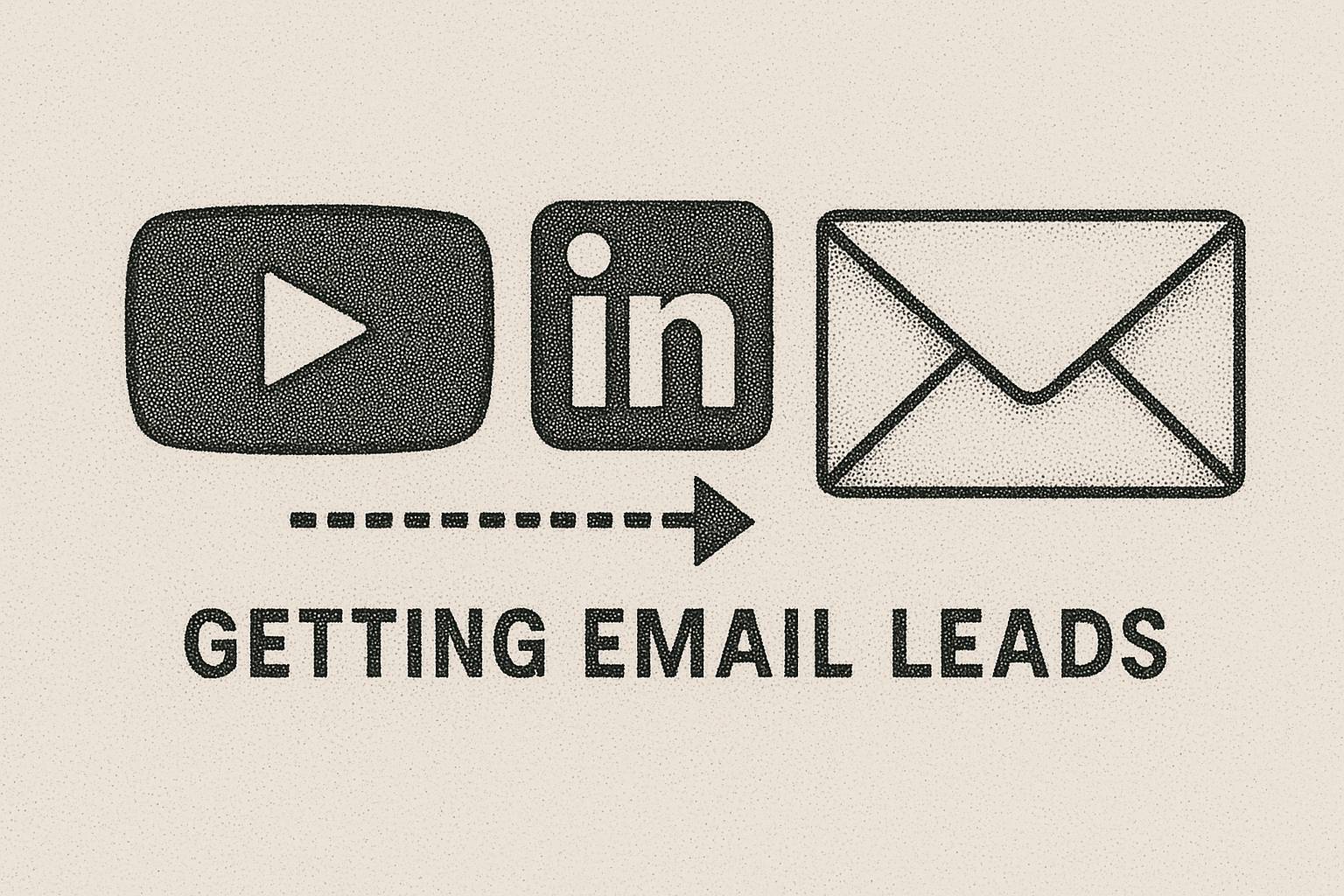
⬇
(9:05) Short form videos talk. Short form is a discovery layer of the internet. Matt posts 1 Reel/TikTok/Shorts a day. It’s a lot of effort. Making only short form is difficult to scale, whereas long form first is easy to make short form out of.
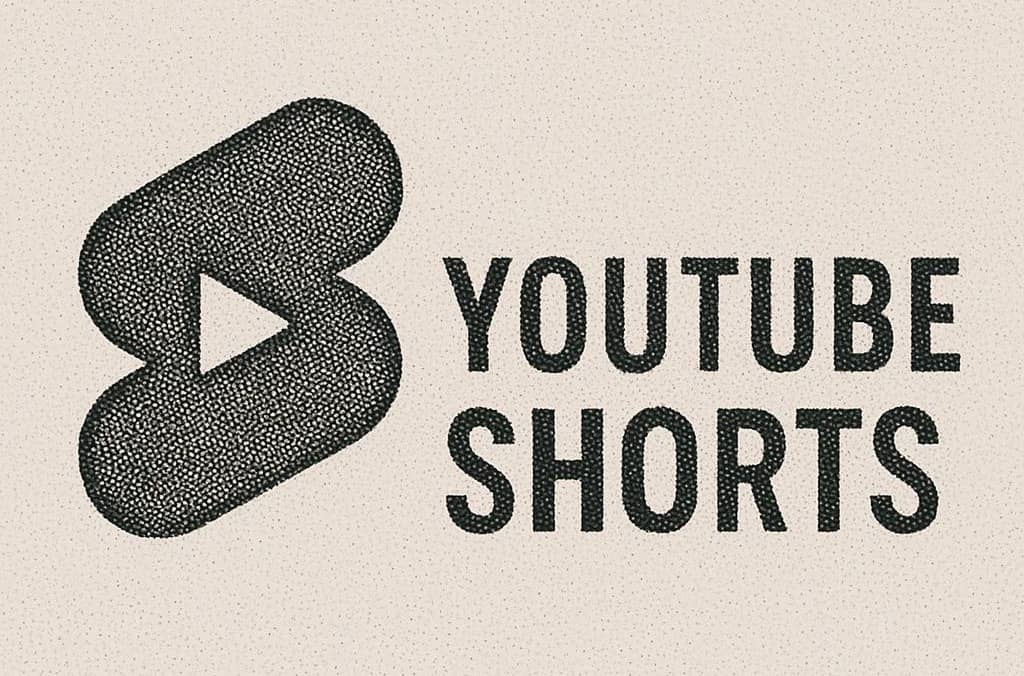
⬇
(11:37) #1 opportunity platform for Matt is now YouTube. Wants to master the craft of making videos.

⬇
(12:51) Matt has a team of 2 video editors, a producer, and a few short form video editors. Sometimes use a motion graphic designer and animator.

⬇
(13:57) I personally like putting out interviews, but Matt doesn’t do many. He did very few, but he’s travelling all the time so it’s difficult to even just meet up in person with people. He also felt like he had stories to tell that an interview doesn’t, at least at the time.

⬇
(16:15) I built a 3 camera, 2 person interview setup in my office, thinking it would save me time by recording at home. It totally backfired! It actually drained a lot more time, so now I go to a professional studio to record. I can drop in and dip out much faster than getting my home setup for it.

⬇
(20:31) Should we let the hair down??

⬇
(21:25) Growing an audio-only podcast is almost impossible, very rare it works. YouTube growth is important for pods.
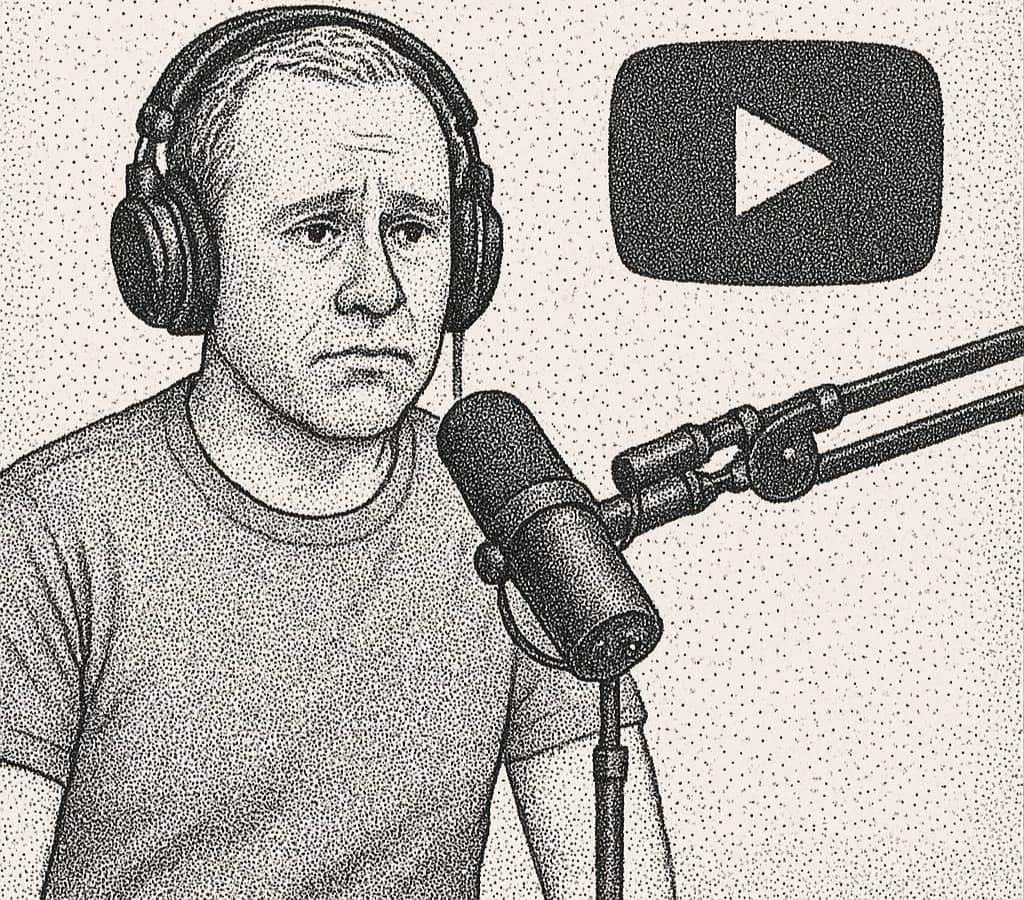
⬇
(23:35) Communities. Many people have moved from courses to communities. Even with Copywriting Course the community component is super active.
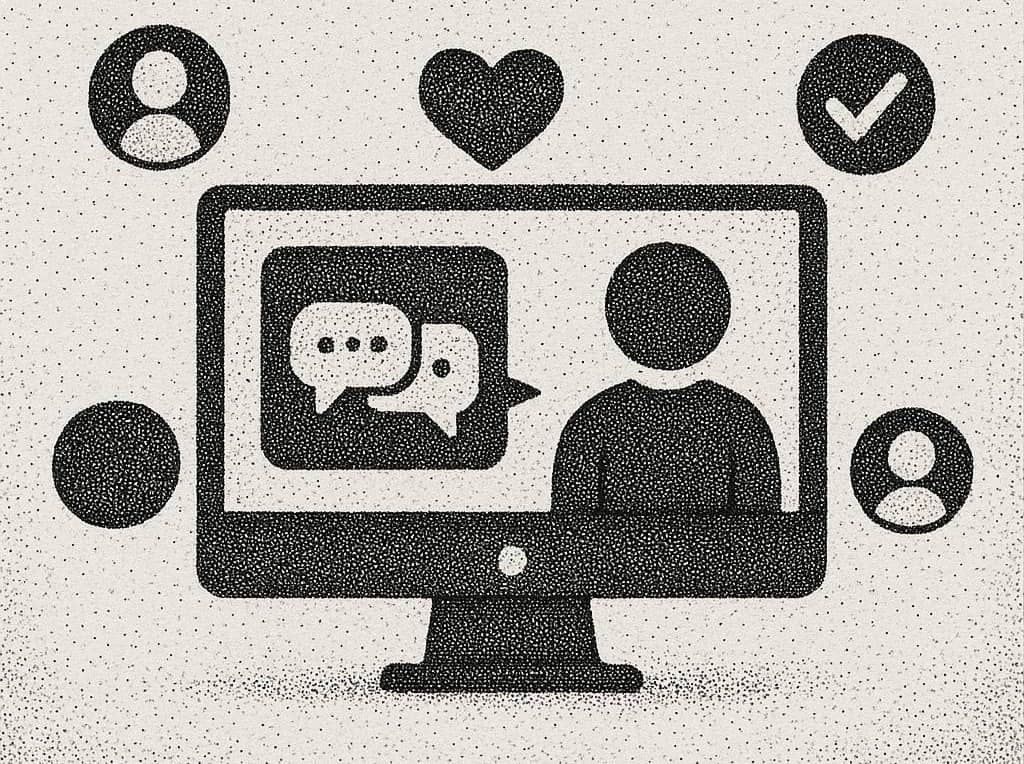
⬇
(25:12) Matt’s thoughts on communities. There needs to be a purpose they’re there. Also curating people into different groups depending on what stage they’ve at. It generally happens organically. Pick any platform and just start. They do two Q&A’s per week. They take the team and have then run sessions.

⬇
(27:40) You will quickly find out what your community wants by what they keep asking.

⬇
(29:20) They use Skool for their community because it’s simple.
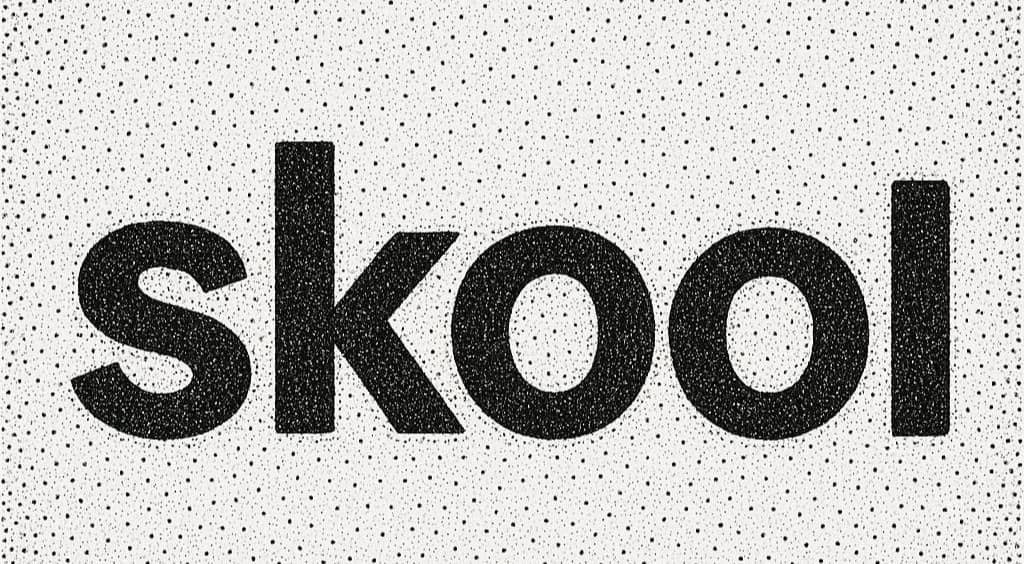
⬇
(30:33) Audience VS Community by Sam Parr. How they are focusing on in-person communities over online.

⬇
(33:00) He recommends most founders build an audience first, then you can direct that audience to a product you build.
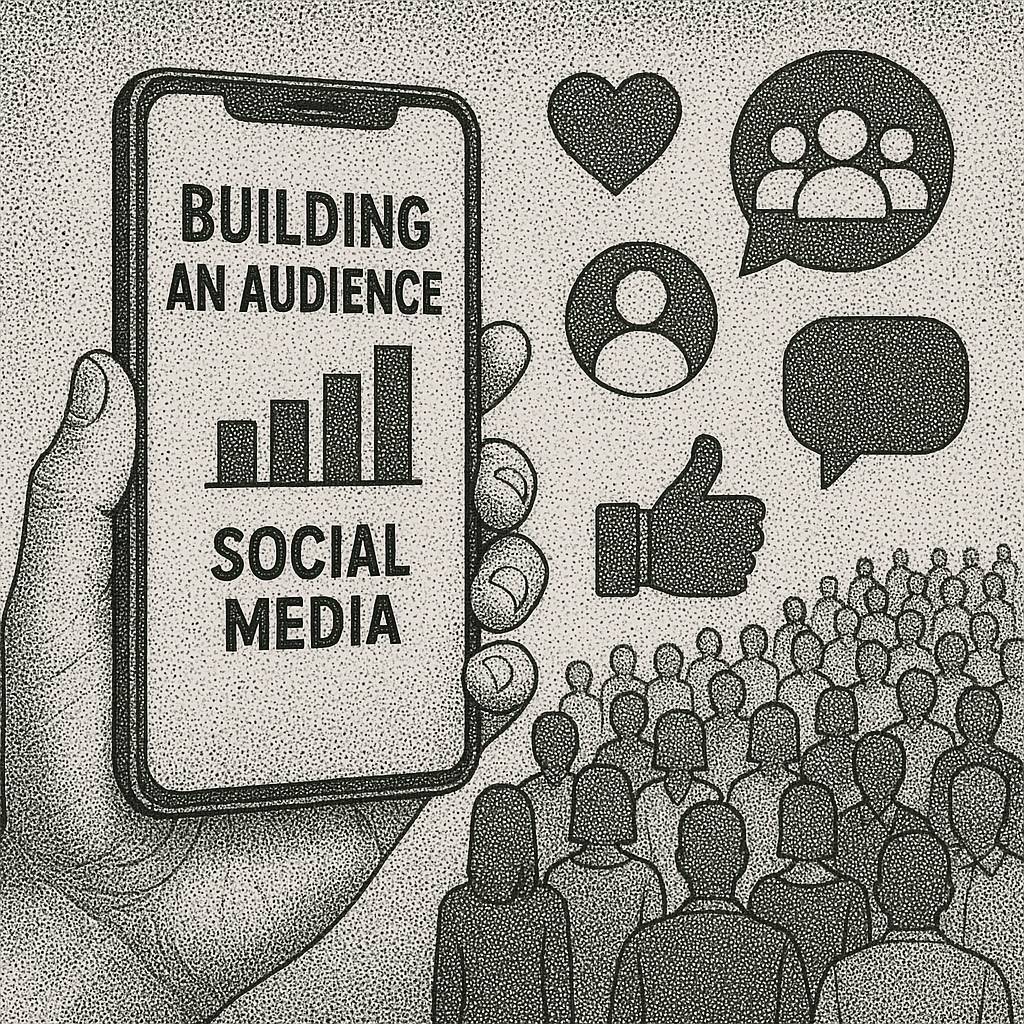
⬇
(35:00) The Founder OS newsletter goes out twice a week, a Wednesday short email usually informing about a new video, and a Saturday long email.
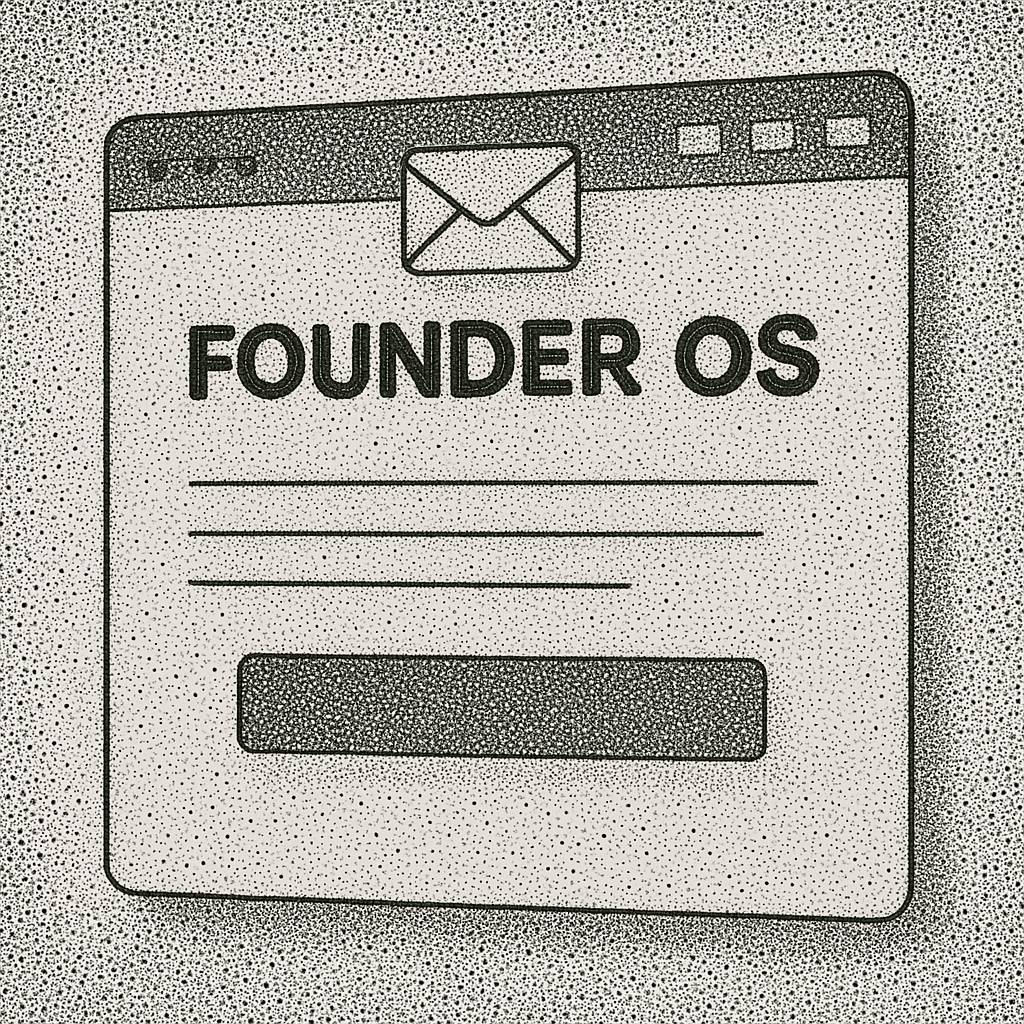
⬇
(36:05) For private consulting projects at Copywriting Course, lately they’re all for building (or improving) a newsletter.
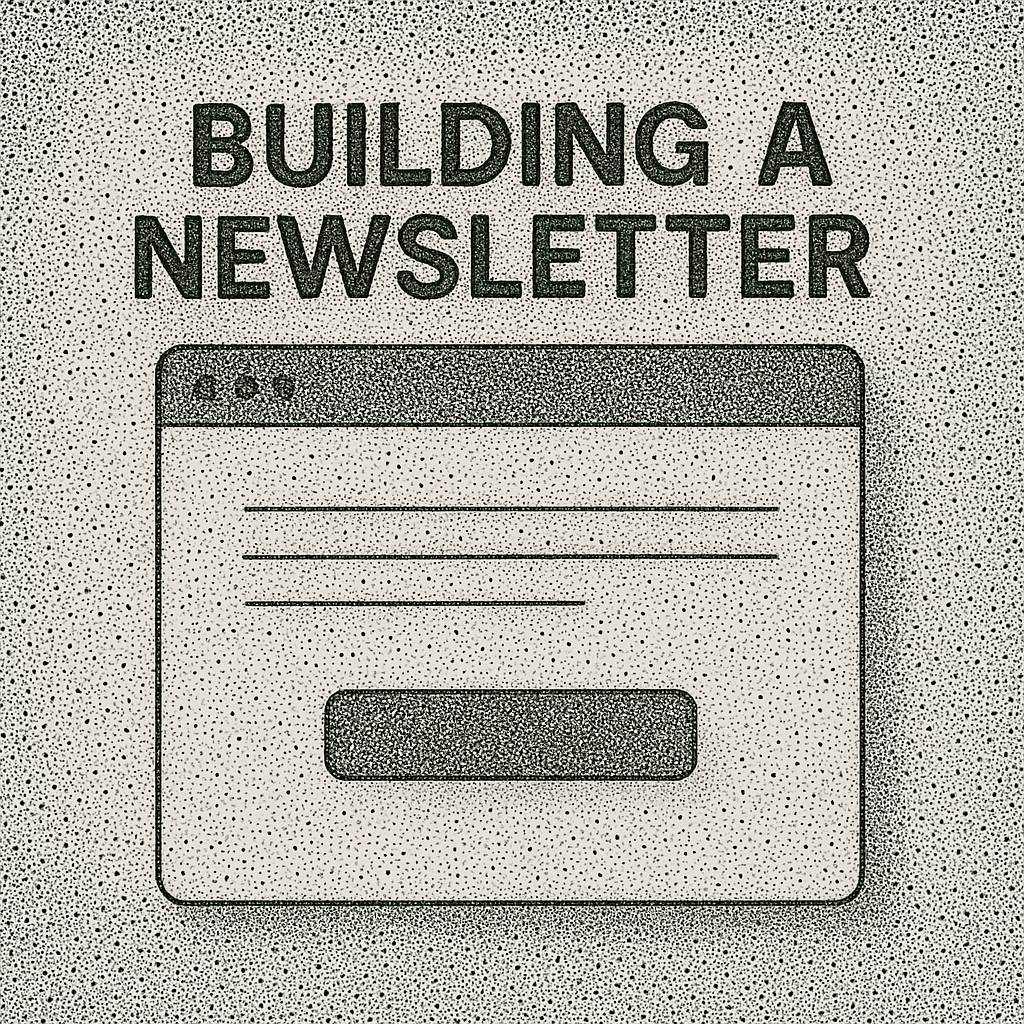
⬇
(37:55) The SWIPES Email stands for Swipe Wisdom Picture Essay Splurge.

⬇
(38:05) “I always use SwipeFile.com for reference” –Matt Gray
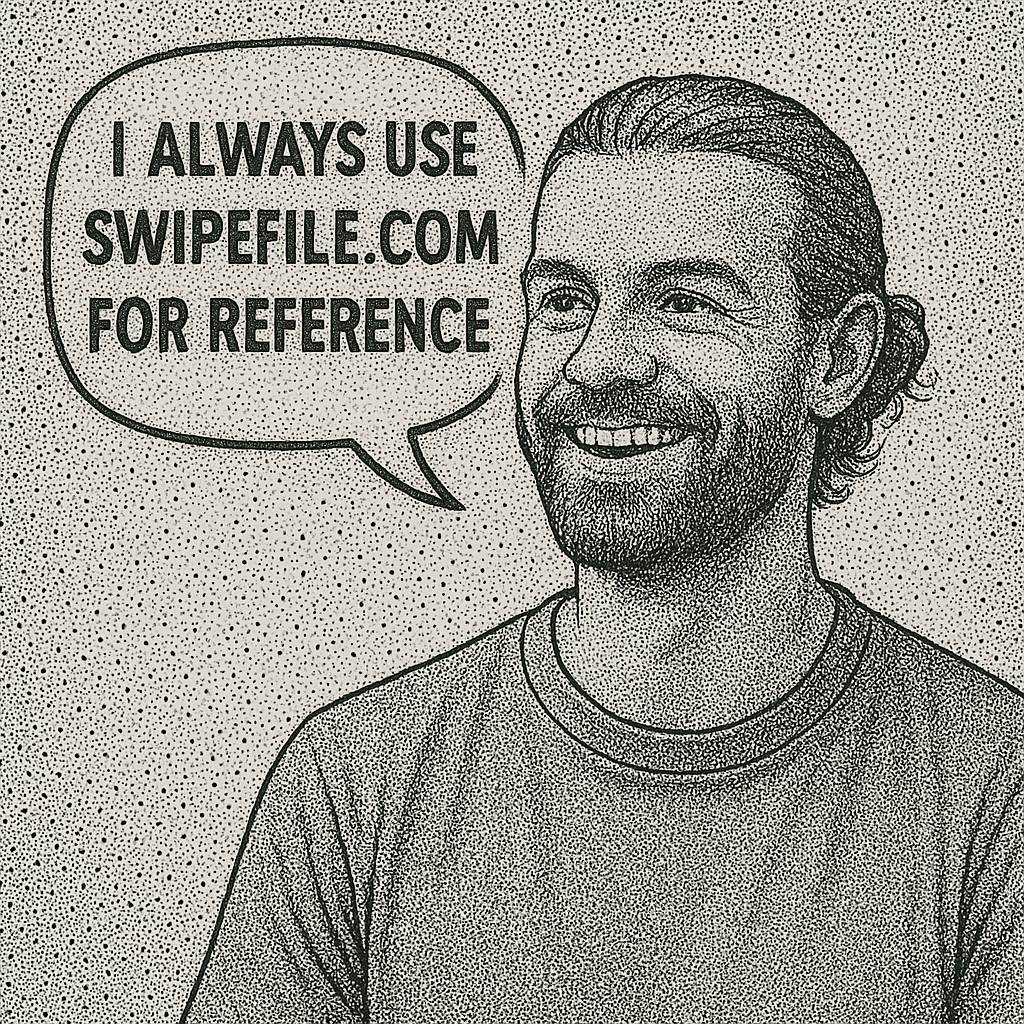
⬇
(39:07) Whenever Matt wants references to pricing and landing pages for ideas he’ll use SwipeFile.com
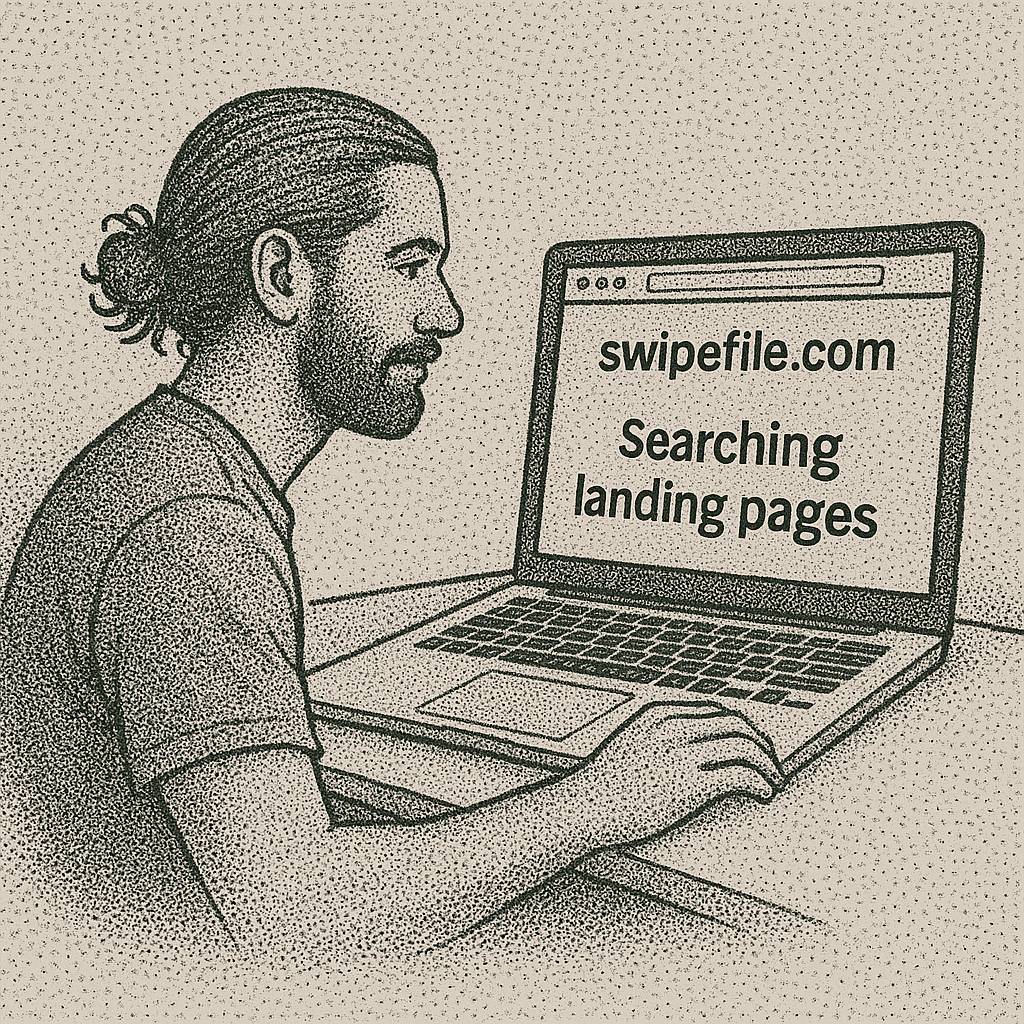
⬇
(40:43) Many swipe files are just all old ads, but the modern word has images and copy and videos and mixed media, so that’s why SwipeFile exists.
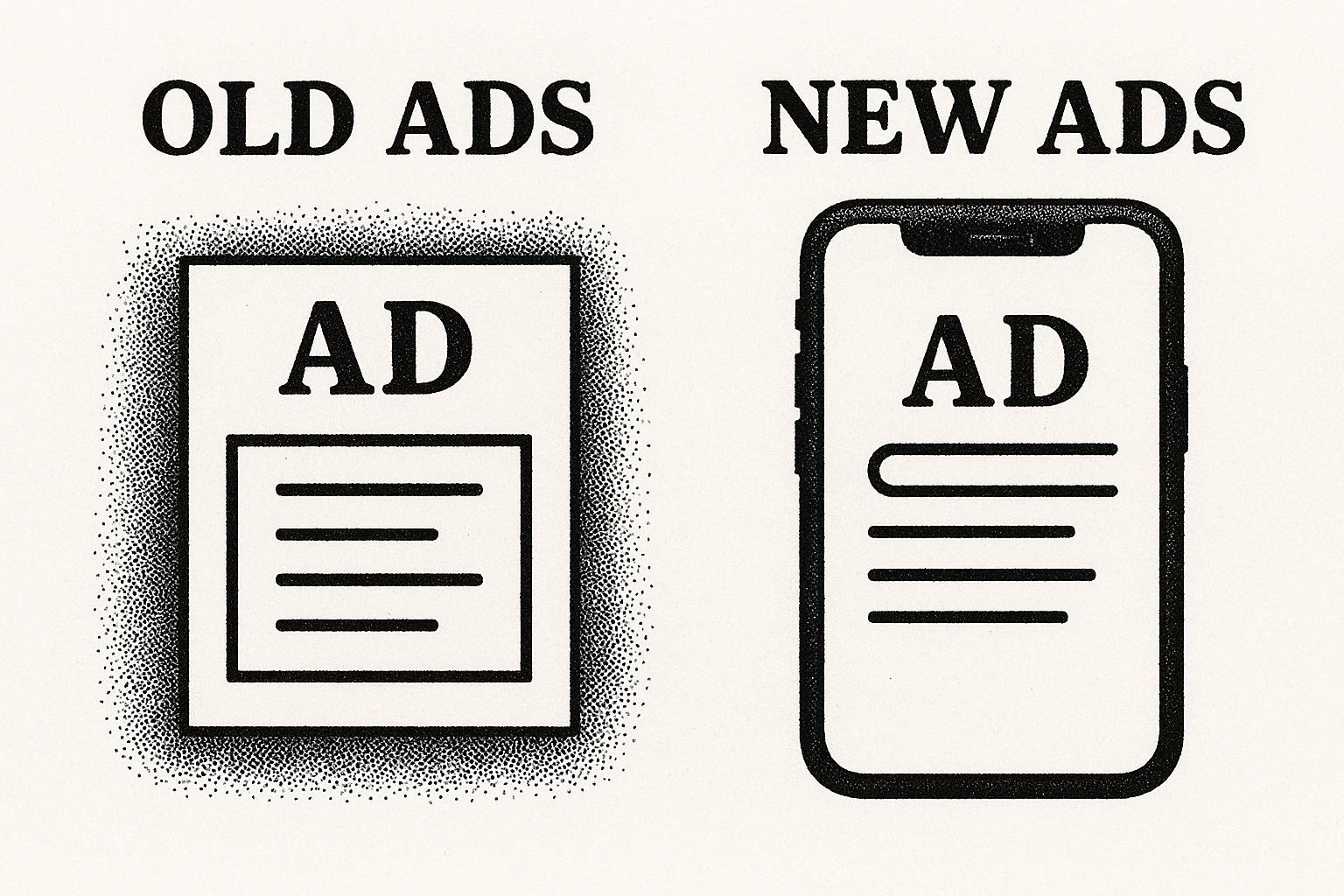
⬇
(41:44) Writers for SwipeFile in the past would just collect a ton of old ads, but you can draw inspiration from so many different and unrelated things.

⬇
(45:00) Traditional automation can still be super useful, I give my blog reply example that scrapes my emails and I can respond to it all as comments on our blog.

⬇
(46:26) Using AI. Matt likes using Claude a lot. He uploads all his stuff to it. He’ll use it to write initial drafts of email sequences then go through them. A multi-month project might now take two days.

⬇
(49:32) At Copywriting Course we’ve noticed there’s 3 levels of copy: Low Level, Medium Level, High Level.
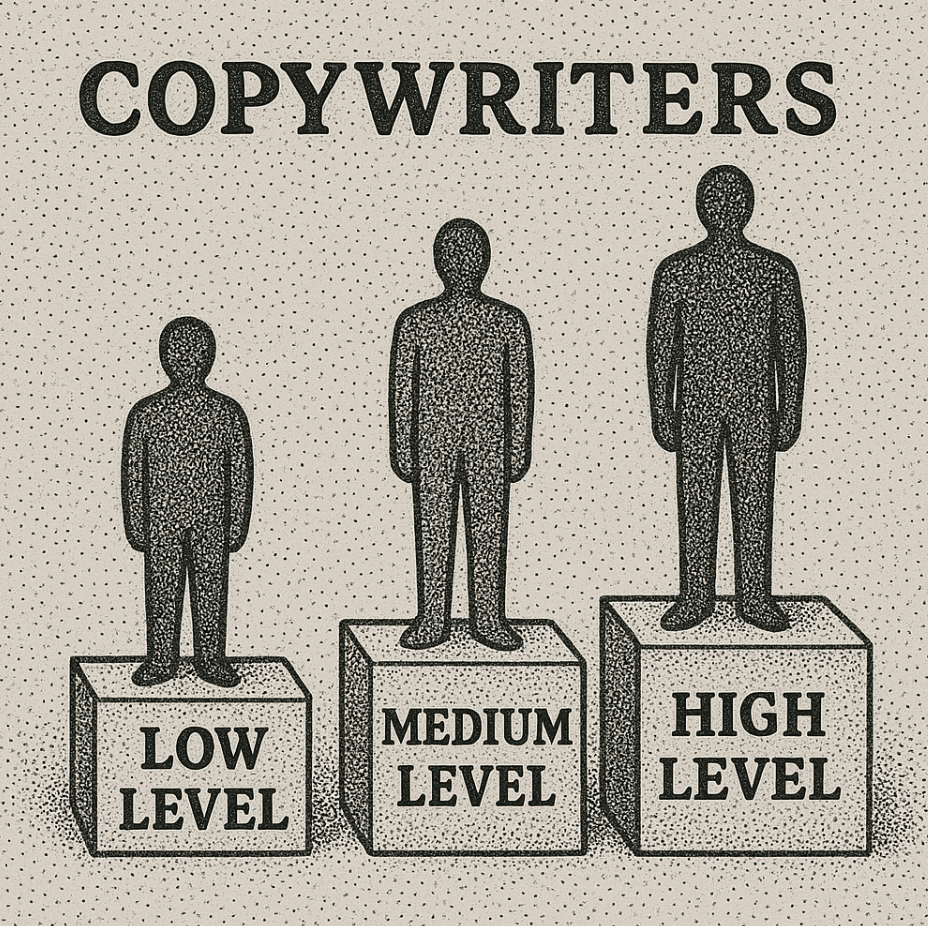
⬇
(50:26) Matt built and sold BitMaker for $410m, it was the largest coding school in Canada.

⬇
(52:22) Matt likes Whisper Flow for speaking to the computer and it lets you transcribe your voice but then transcribe it correctly as if you’re typing.
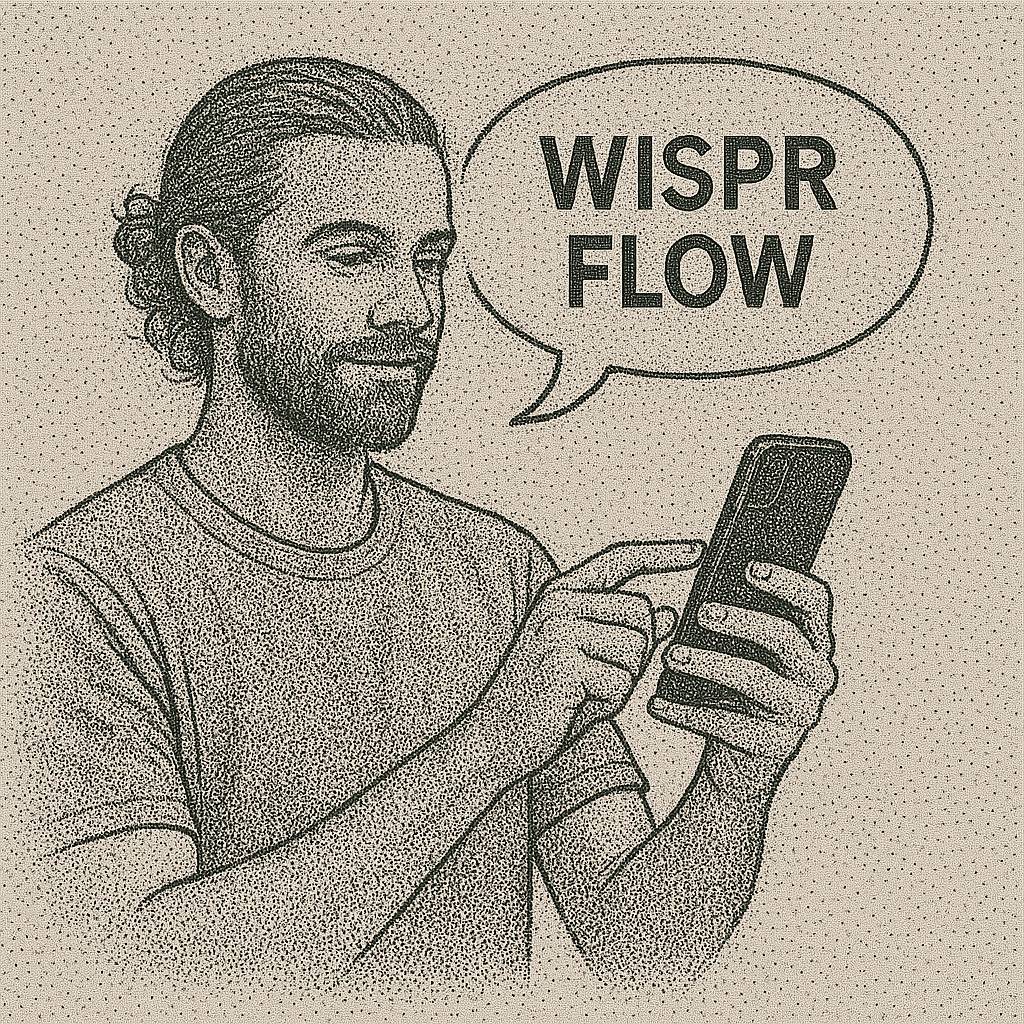
⬇
(54:54) How Matt trains his team to write good copy. For X, YouTube, and Newsletters he originally wrote everything himself, now he has a guy help with newsletters. He still does all his social media because it’s hard to find someone to write in your own voice.
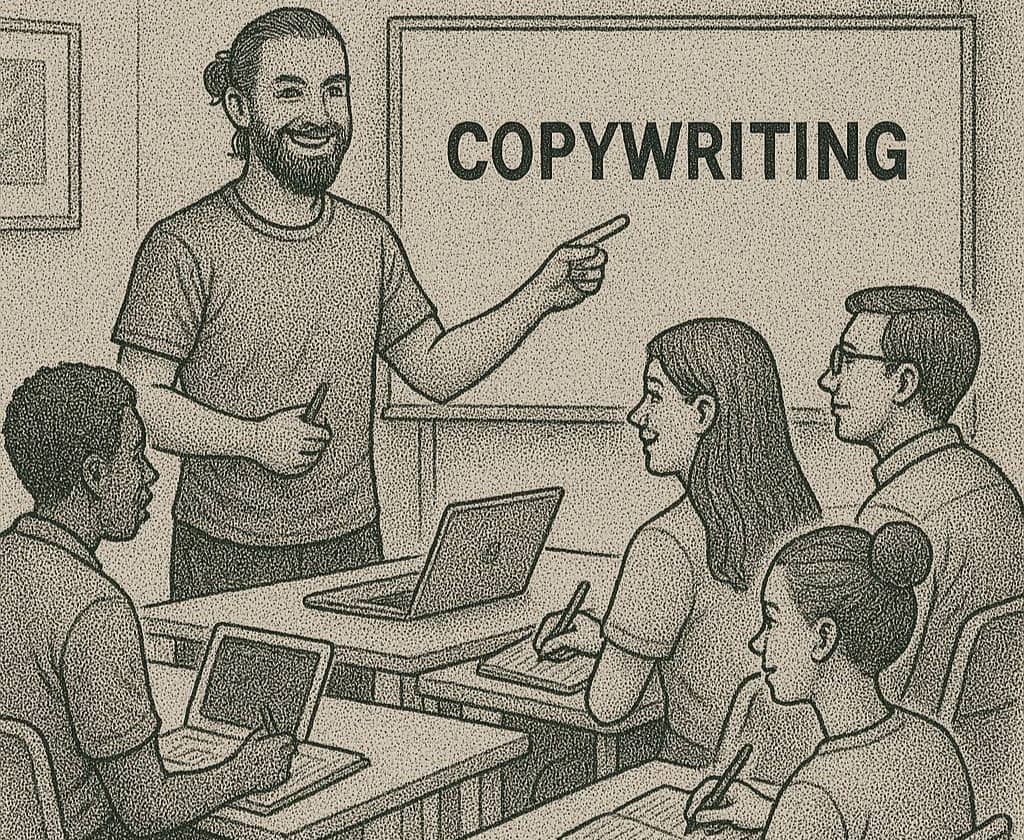
⬇
(57:18) I get jealous if someone else is writing, and feel like I want to do it. It’s like a hobby.
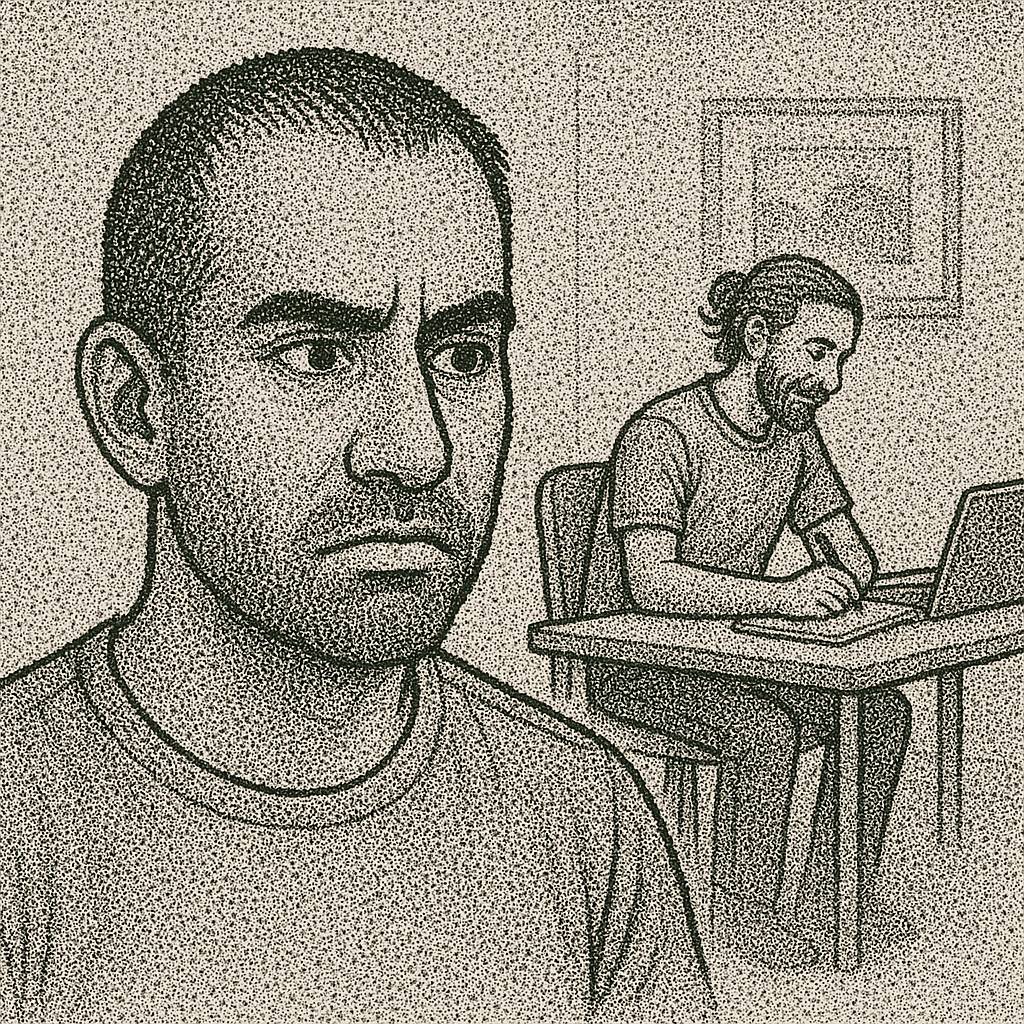
⬇
(58:44) Matt became more Zen over time and was smoking a lot, and then completely stopped 6 years ago.
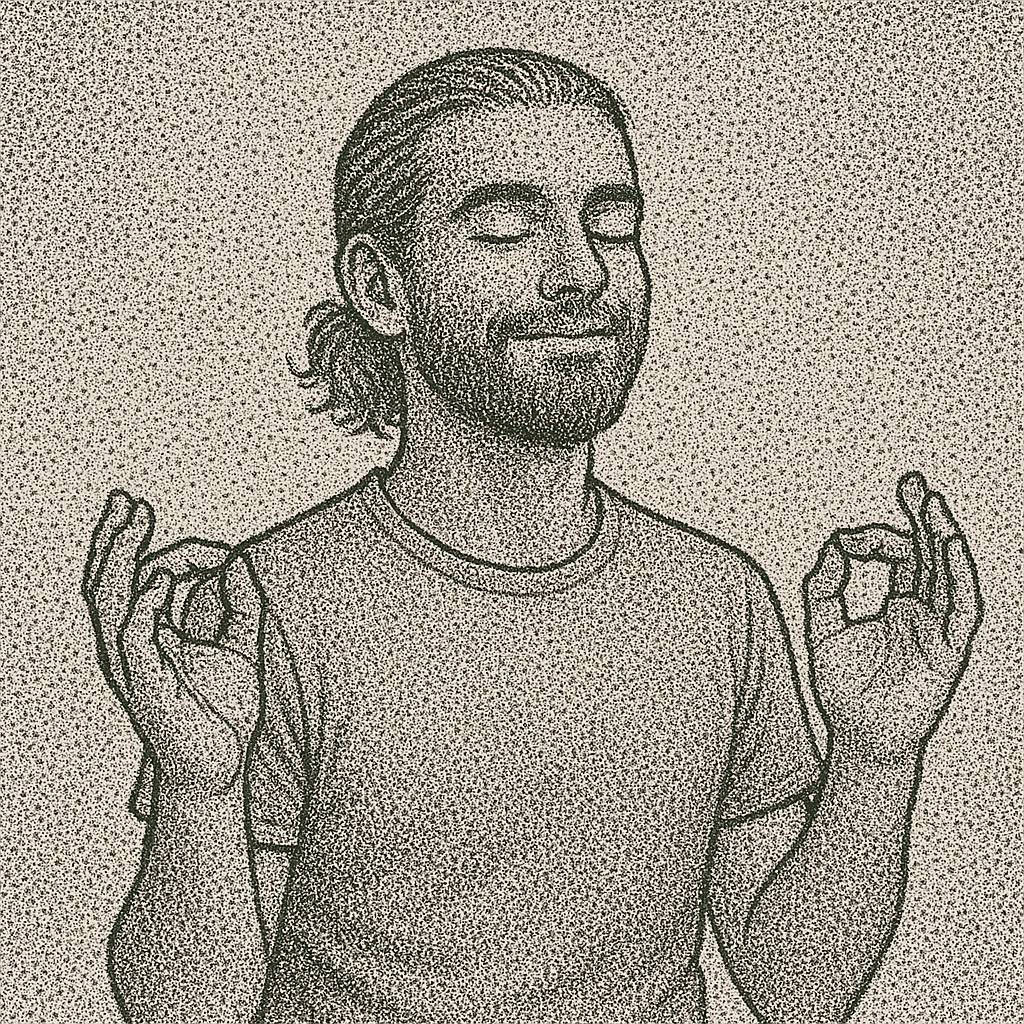
⬇
(1:05:26) I personally stopped eating at 8pm on most days, as all my bad habits like overeating happened at night.

⬇
(1:06:54) Like most things in life there can be a ONE thing to focus on. I used to have TEN things to focus on, but then none got done!

Follow Matt Gray:
🖥 Website: founderos.com
📷 Instagram: @matthgray
📱TikTok: @realmattgray
📹YouTube: @realmattgray
👔LinkedIn: @mattgray
Follow Neville:
👨🏼💼 Join As Member: copywritingcourse.com
🖥 Website: SwipeFile.com
X X: @nevmed
📷 Instagram: @neville_medhora
📱TikTok: @neville.medhora
📘 Book: This book will teach you how to write better
▶️ YouTube: @kopywriting
Analyzed by Swipebot
Loading analysis...